Carmakers call for carbon target, warn on slow take-up of electric vehicles
Global car manufacturers are calling for mandatory emissions targets on themselves and warning the slow take-up of electric vehicles could leave Australia with less choice.
Global car manufacturers are calling for mandatory emissions targets on themselves and warning the slow take-up of electric vehicles could leave Australia with less choice and – in the worst-case scenario – mean some right-hand drive models are unviable.
Confidential research authored by S&P Global for the Federal Chamber of Automotive Industries, which represents the major car companies, shows EVs will still only make up 76 per cent of all vehicles sold in 2030 if the federal government does not move to accelerate their arrival. Only 18 per cent will be electric-only vehicles, the estimate shows.
Before the May election Labor said it would remove taxes on EV vehicles and set targets for government fleets – and suggested that modelling showed 89 per cent of new cars would be electric by 2030. But the FCAI, in its discussions with the government, has warned the key issue is the availability of EVs, with manufacturers prioritising exports to regions with stricter emissions rules.
In a far-ranging proposal put to the government, the FCAI recommends emissions targets be placed on manufacturers to push a greater supply of EVs to Australia.
The modelling by S&P Global forecasts only 12 per cent of cars in Europe, 17 per cent in China and 35 per cent in North America will have an internal combustion engine by 2033. In South Asia, a key vehicle sourcing region for Australia, that figure will be 63 per cent, leading “to less electrification headed to Australia”.
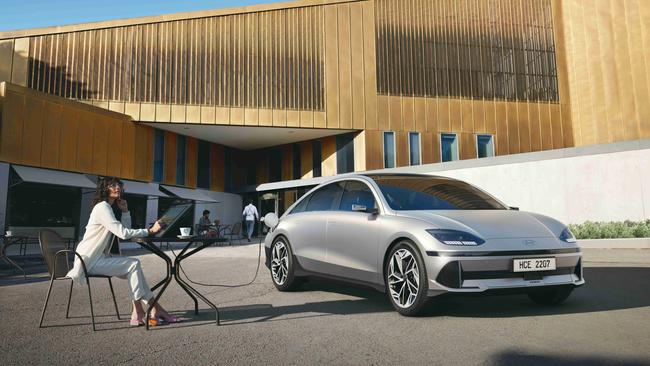
The forecasts show there will be little to no EV mid-size pick-up vehicles – such as the Toyota HiLux – being sold in Australia, even into the 2030s, although vehicles designated “moderate hybrid” will eventually make up 70 per cent of the local fleet.
Larger utes, like the RAM 1500, will have EV variants in North America, but only be available locally with “low volume, high price” right-hand conversions, a presentation of the S&P analysis compiled for FCAI members shows.
“Our message to the government is simple,” the chamber’s chief executive Tony Weber said.
“Give us a CO2 target that recognises market realities, and we will give you the technology to meet that target.
“International automotive manufacturers respond to strong policy signals when allocating their limited supply of zero and low emission vehicles. At the moment Australia isn’t sending any.
“Now is the time for the new Albanese government to work with our companies to mandate a technology-neutral CO2 scheme and get Australian the future product plans for these global companies,” Mr Weber added.
“When allocating electrified vehicles, carmakers are more likely to respond to markets where there is a carrot and a stick – CO2 target, incentives, tax offsets or potential penalties.
“Something has to give – and that something is setting a vehicle CO emissions scheme combined with incentive policies that get Australia on the vehicle supply map internationally.”
The Coalition, while in office, criticised Labor’s earlier EV policy – which included vehicle emissions standards and a target that 50 per cent of new car sales be electric by 2030. The imposition of pollution standards has been opposed by the petroleum industry which has warned that it would make vehicles more expensive.
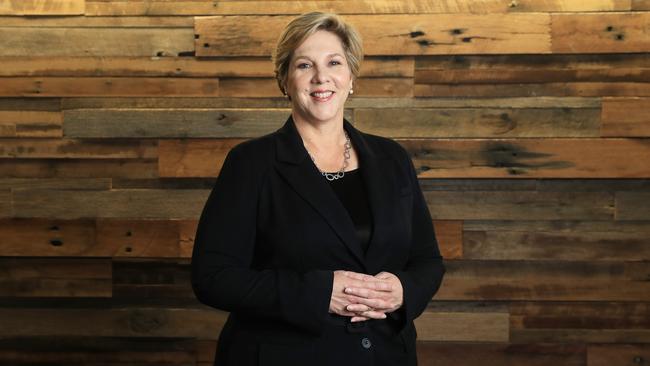
The Australian Automobile Association also backs the introduction of an emissions reduction regime, with managing director Michael Bradley, along with the FCAI, writing to the federal government as far back as 2018, arguing a long term CO2 standard should be introdcued, with anuual targets.
The modelling conducted for the FCAI shows, without additional policy changes, the entry price for a battery electric mid-size vehicle will drop from $49,900 in 2021 to $32,500 by 2030. However, this is still significantly above the entry price for an internal combustion engine vehicle. More than three-quarters of all mid-size car sales would be at a price below the entry level battery EV, it shows.
Tesla chairwoman Robyn Denholm told an energy summit in Sydney last week that while the company was the market leader in Australia with some 26,500 vehicles sold annually – and a goal to double that this year – there was a key flaw in the nation’s policy settings.
“We’re one of the only OECD countries with no fuel efficiency standards,’’ she said.
“So it’s no surprise that the cars on our roads are among the most polluting in the world.’’
A key regulatory instrument deployed in other markets – which has helped drive EV sales – is what in the US is called the Corporate Average Fuel Economy standards. China has a similar system, New Energy Vehicle Credits, as do European countries.
The system works by netting out the emissions which are expected to be produced by the vehicles sold by carmakers. In practice, a vehicle manufacturer which wants to sell high fuel consumption vehicles will aim to send as many low emissions cars into the same market as possible, increasing their average fuel efficiency.
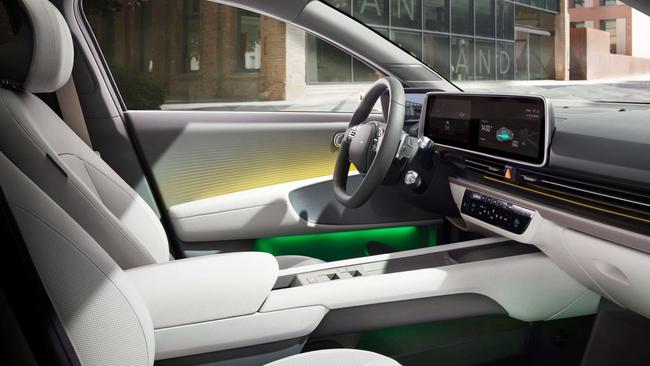
In Australia, no such scheme exists. Without it, there is little regulatory incentive to bring EVs to market, while vehicle makers benefit from selling into other markets. A target provided a technology-agnostic regulatory tool to encourage the industry to respond, Mr Weber said.
The International Energy Agency global outlook year noted that EV sales doubled to 6.6 million last year, making up almost 10 per cent of global car sales – compared to 2 per cent in Australia.
“Global sales of electric cars have kept rising strongly in 2022, with two million sold in the first quarter, up 75 per cent per cent from the same period in 2021,” the IEA report reads.
“A growing number of countries have pledged to phase out internal combustion engines or have ambitious vehicle electrification targets for the coming decades.”
The ASX-listed APA smash repair group in late May estimated that for EVs to account for 50 per cent of cars in Australia by 2050, 70 per cent of new cars sold would need to be EVs from 2027. According to the FCAI briefing document, the organisation is also calling for policies which incentivise public vehicle charging and hydrogen refuelling, non-financial incentives for drivers of zero emissions vehicles including access to transit lanes and free parking, and purchase incentives.



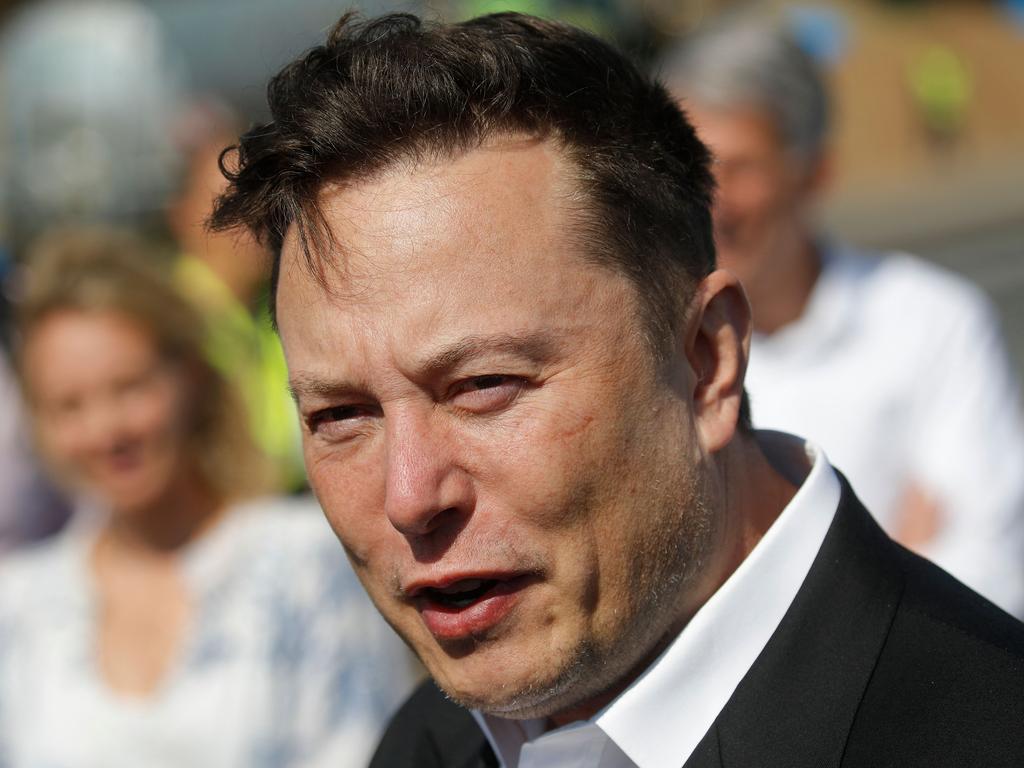
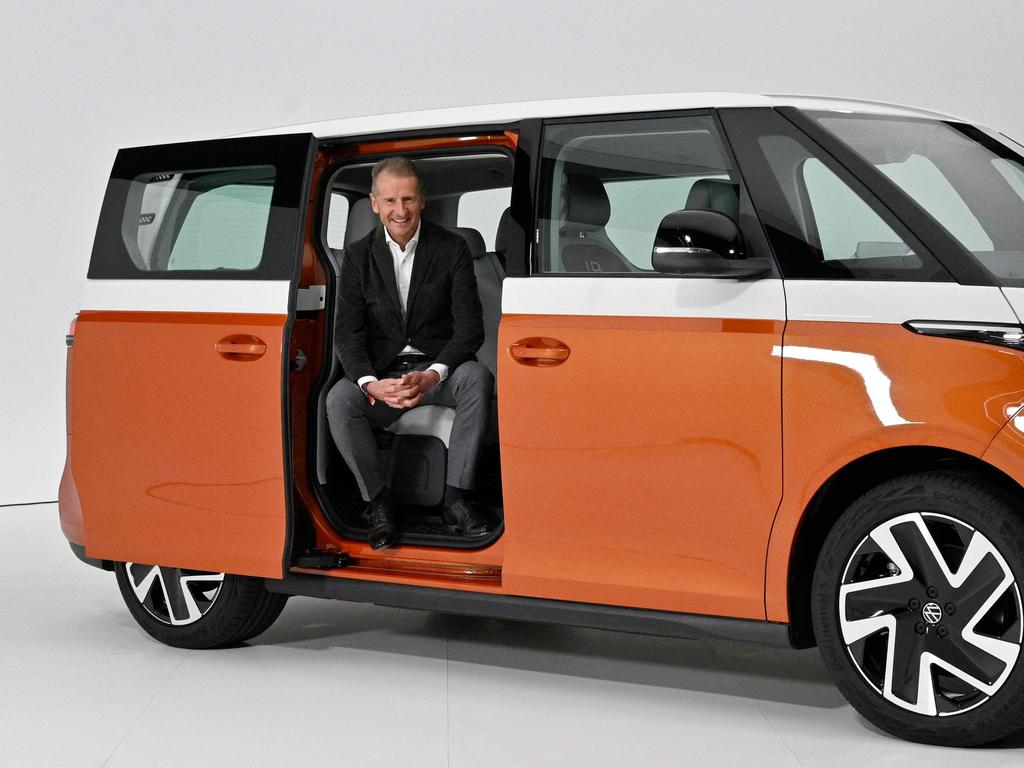



To join the conversation, please log in. Don't have an account? Register
Join the conversation, you are commenting as Logout